Why rhythm matters for reading: The missing link in phonemic awareness and fluency
Discover how rhythm shapes phonemic awareness, fluency and reading ease, and why phonics alone isn't enough to support confident easy readers.
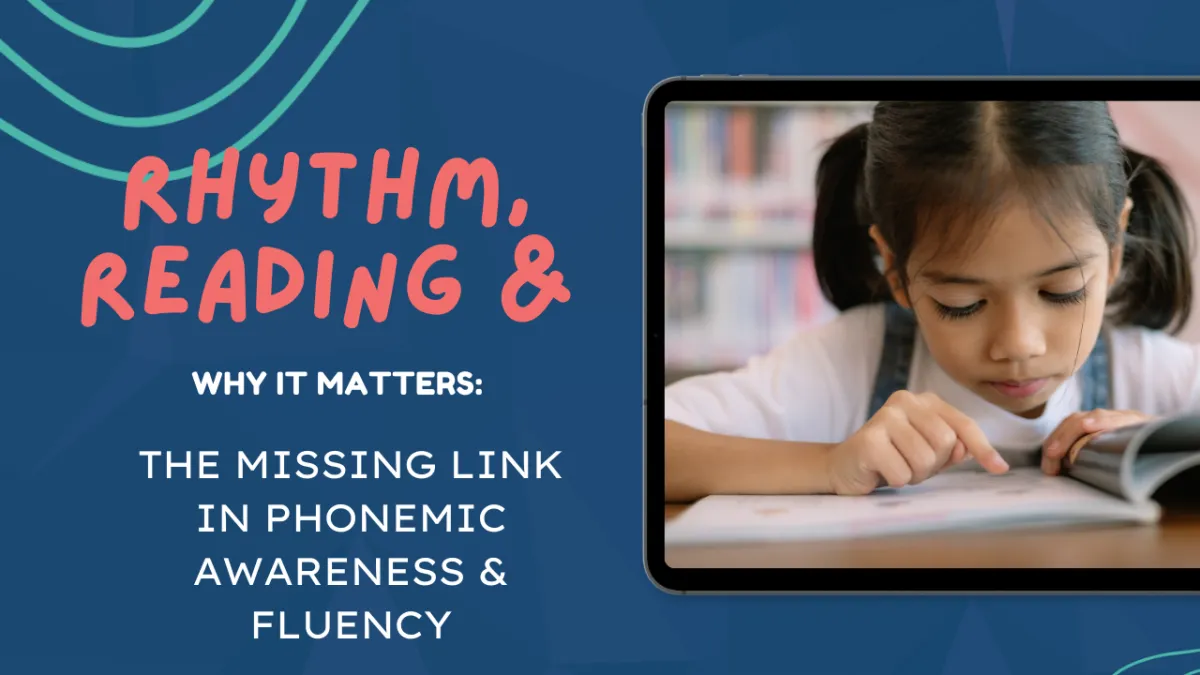
Discover how rhythm shapes phonemic awareness, fluency and reading ease, and why phonics alone isn't enough to support confident easy readers.
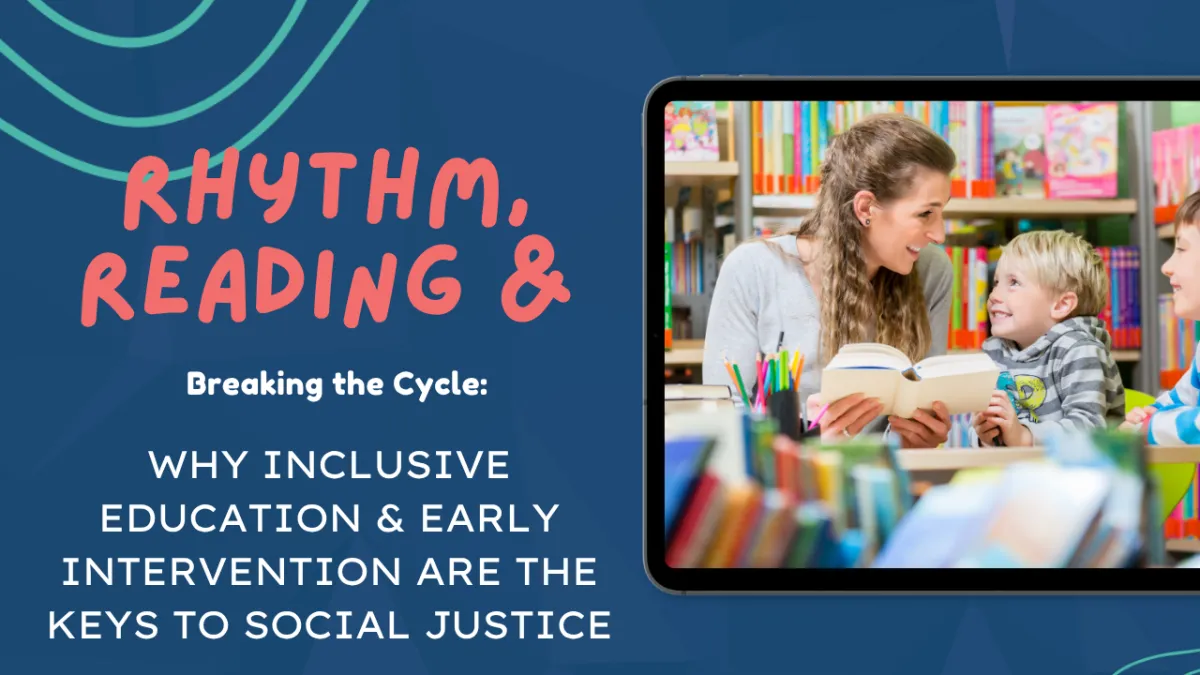
Discover why inclusive education and early intervention are essential for breaking the cycle of inequity in schools. explore how compassion, collaboration and evidence-based support can create lasting educational justice for every child.
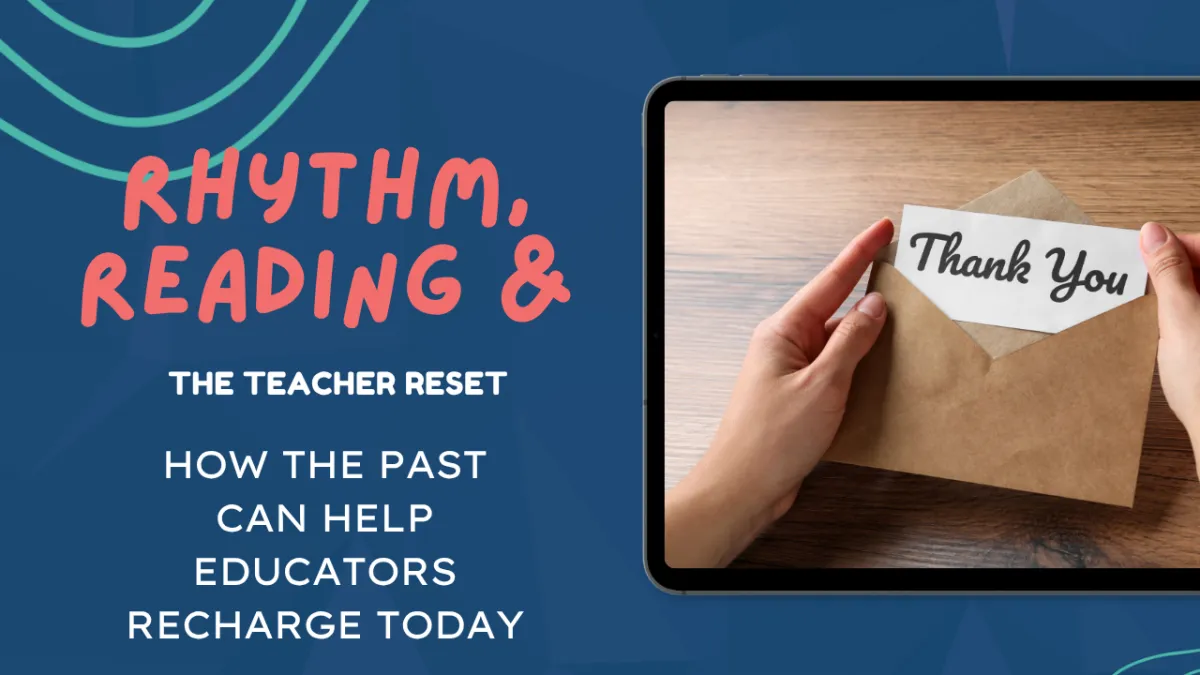
Feeling exhausted as the school year wraps up? From Victorian village schools to the neuroscience of social behaviour, this is for you if you've been carrying out tasks that might not even be part of your remit.
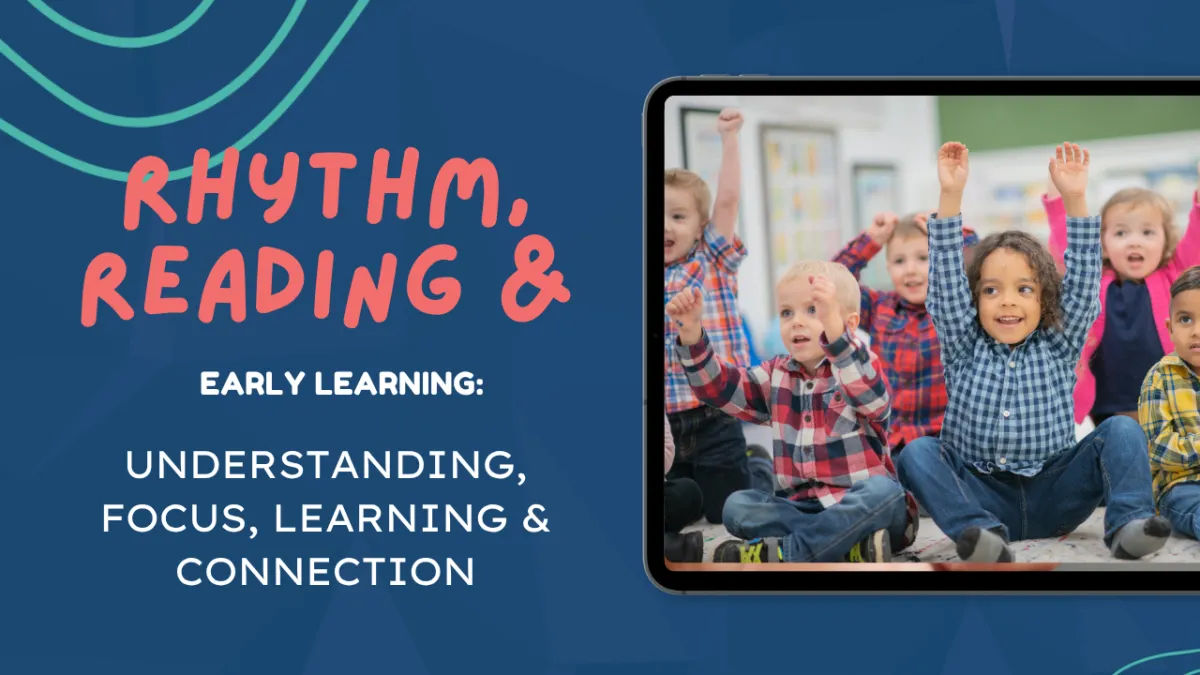
A reflection on early development that explores how rhythm forms the foundation for learning — not just in music or movement, but in speech, attention and human connection. From birth, infants build social engagement through rhythmic interaction.
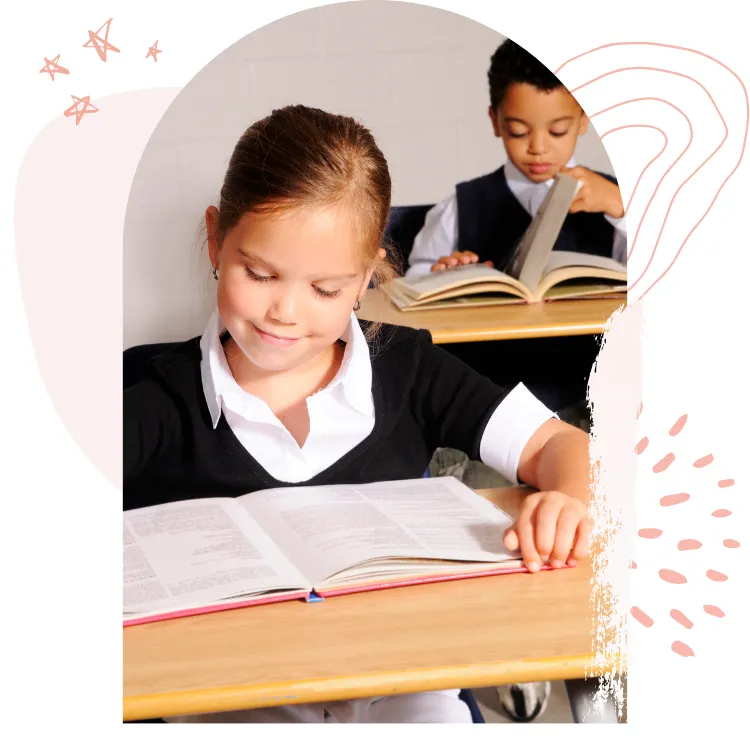
“It’s only an hour that they have with you over the time that you come in over the six weeks and for it to be able to make, for a lot of them, up to a year’s difference in their reading ability is quite amazing really.” Year 3 teacher
© Copyright 2025 Rhythm for Reading Services Ltd All Rights Reserved. - Privacy Policy - Terms & Conditions